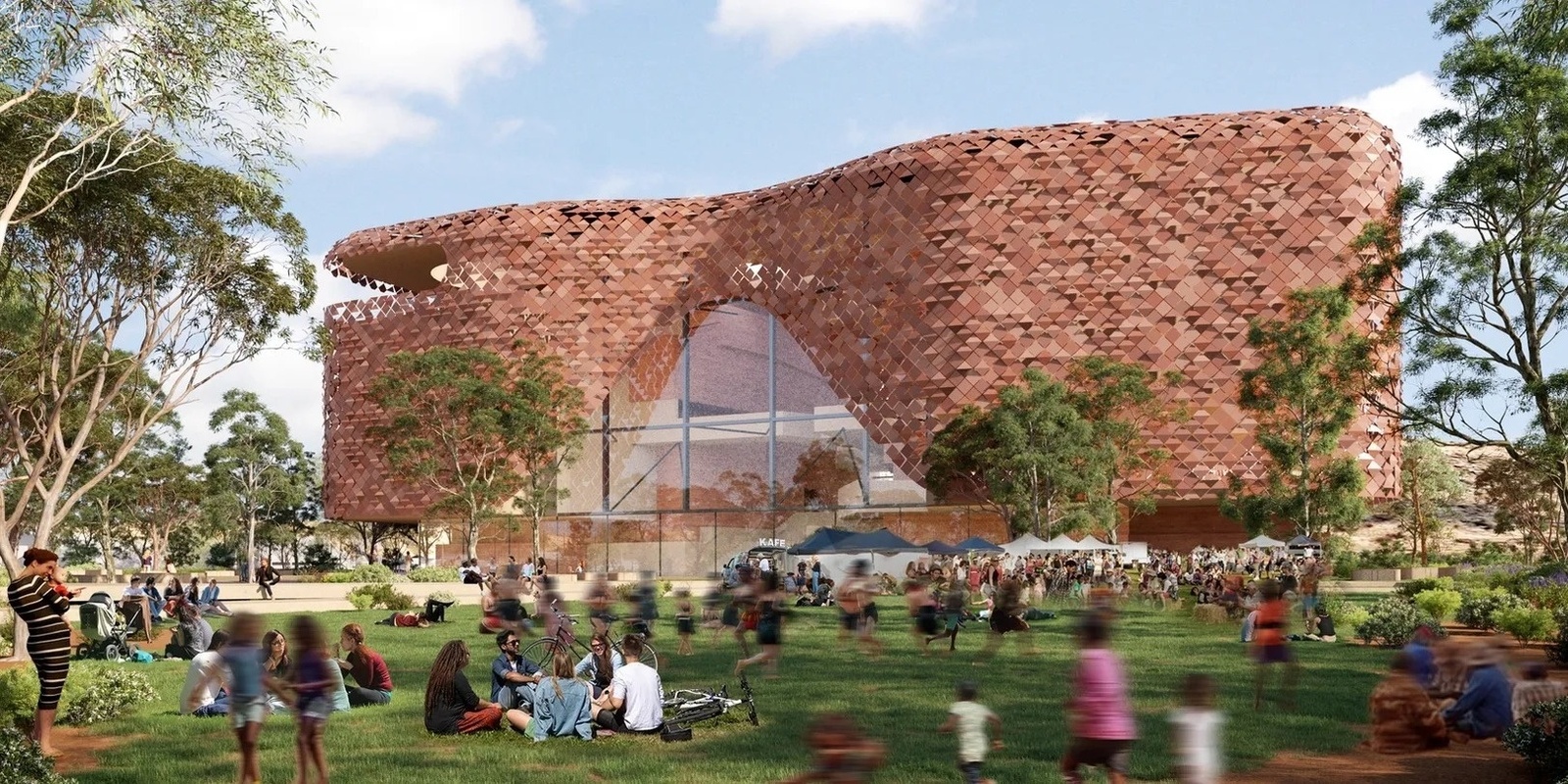Caring for Country and Community – from regulatory to restorative planning and environmental governance
Event description
Caring for Country and Community – from regulatory to restorative planning and environmental governance
Date: Monday, 14th October 2024
Time: 3:00pm—4:00pm
Location: Chau Chak Wing Museum
From acknowledging Traditional Owners through to the NSW Government Architect’s seminal Connecting with Country framework, Aboriginal and Torres Strait Islander peoples, knowledge, and culture are increasingly foregrounded in urban and environmental planning documents. Yet these important and overdue initiatives sit within a regulatory planning system steeped in British colonial law. This session asks whether and how it is possible to bring about more transformative and restorative First Nations led planning and land management systems and processes.
Confirmed Speakers
Shannon Foster, Sydney based D'harawal Saltwater Knowledge Keeper
Sam Alderton-Johnson, Managing Director of Impact Policy AU, Adjunct Senior Lecturer at UNSW
Dr. Terri Janke, Wuthathi, Yadhaigana and Meriam woman, international authority on Indigenous Cultural and Intellectual Property (ICIP) and founder, owner, and Solicitor Director of Terri Janke and Company (TJC).
Chair
Jess Herder, Group Manager, Thirriwirri
Shannon Foster is a Sydney D’harawal Saltwater Knowledge Keeper, educator and artist and has been teaching her family’s stories to a range of audiences for over twenty years. Shannon is currently undertaking her PhD in the Centre for the Advancement of Indigenous Knowledges at the University of Technology, Sydney researching and documenting her family’s Narinya stories (Living Dreaming).
Sam Johnson is a proud First Nations man raised within the strong Aboriginal community of Glebe, Sydney. Sam’s cultural ties are to the Djaara/Yuin nation and is actively raising his family in Maroubra with close connections to the staunch Aboriginal communities within South Sydney.
Dr. Terri Janke is a Wuthathi, Yadhaigana and Meriam woman and an international authority on Indigenous Cultural and Intellectual Property (ICIP). She is known for innovating pathways for collaborations using Indigenous knowledge and cultural expression. Dr. Janke is the founder, owner, and Solicitor Director of Terri Janke and Company (TJC). Founded in 2001, TJC is the oldest First Nations owned law firm in the country. She manages her team to deliver excellent results to a diverse client base. Dr. Janke advises on legal matters including ICIP, intellectual property, business law, shareholder agreements and governance of Indigenous organisations. Dr. Janke has written leading ICIP Protocols and models for various sectors including the arts, museums, archives, film, and business. Dr. Janke developed the True Tracks® ICIP Framework to bridge the gap in the IP laws and protection of Indigenous Knowledge. This framework is widely accepted as the leading best practice for managing Indigenous engagement in Australia. Her award-winning book True Tracks: Working with Indigenous Knowledge and Culture is considered as the best practice standards for Indigenous engagement practices.
Jess Herder is a Dunghutti woman, who grew up on Dharawal Country in southern Sydney and now lives and works on Dharug Country in northwest Sydney. Jess is currently the Group Manager, Country and Community at Thirriwirri, an Aboriginal owned business. She has tertiary qualifications, and over 20 years' experience working, in natural and cultural heritage management and land use planning in NSW. Jess is passionate about improving outcomes for First Nations communities and Country and has taken on voluntary roles in her local and professional communities to achieve this, including at University of Sydney.
Festival of Public Urbanism 2024
Great cities are defined by the quality of their public realm. From parks to civic architecture, well designed public infrastructure supports and enables the social, cultural, and economic dimensions of urban life. But are these public assets, along with public processes of urban governance and planning, under attack? Over the past fifty years key legacies of the modern urban project – such as publicly funded housing and urban infrastructure; or comprehensive planning for new development – have been eroded by waves of political and economic reform. Faith in market based ‘solutions’ has reduced public planning processes to ‘red tape’ and replaced public investment in rental housing with subsidies for private investors and households. At the same time, digital transformation under ‘platformisation’ has seen private corporations able to evade domestic regulations, disrupting every facet of urban life and governance.
The Festival of Public Urbanism will debate these topics and more. Join us to engage with academics, activists, politicians, industry leaders through our program of panel discussions, walking tours, and podcasts across Sydney and Australia.
Tickets for good, not greed Humanitix dedicates 100% of profits from booking fees to charity


